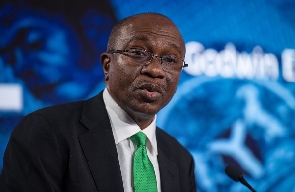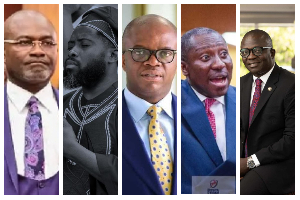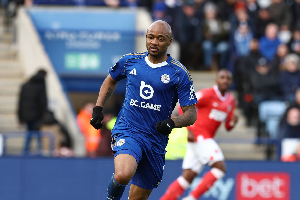Nigeria’s investigation into the former governor of the country’s central bank has spread to 50 companies in addition to the empire of billionaire Aliko Dangote, according to the Manufacturers Association of Nigeria.
In a sharply-worded statement Tuesday, the lobby decried what it called the “Gestapo style invasion” of Dangote Group offices in Lagos on Jan. 4 by the Economic and Financial Crimes Commission, warning it could harm the economy and chill investment.
“This news has gone around the world and many, including would be investors, would be taken aback,” the Alliance said. “This may not be the best way to show that Nigeria is committed to good corporate governance.”
Nigerian businesses have come to the attention of the country’s anti-graft commission as part of an examination of the polices conducted by Godwin Emefiele, who ran the central bank from 2014 until he was suspended by President Bola Tinubu in June.
Emefiele was arrested soon after on charges including fraud and taken into custody. The former governor, who denies wrongdoing, was released on bail last month.
The EFCC has yet to comment publicly on the visit to Dangote. But the company called the incident an “unwarranted embarrassment” and said in a statement that the agency had requested details of foreign exchange allocated to it by the central bank since 2014.
The EFCC and presidency officials also declined to name other companies facing scrutiny. Last year, Olam Group denied Nigerian media reports it was being investigated.
From 2015 until it was scrapped in June, the central bank under Emefiele attempted to shore up the value of the naira by limiting the amount of dollars available from official sources. This opened a significant gap between the official and much weaker unofficial rate of the naira, offering easy profits to those able to get dollars from the central bank who then sold them on the unofficial market.
Tinubu was highly critical of the practice during last year’s presidential election and halted it soon after taking office in May.
Business News of Thursday, 11 January 2024
Source: bloomberg.com













